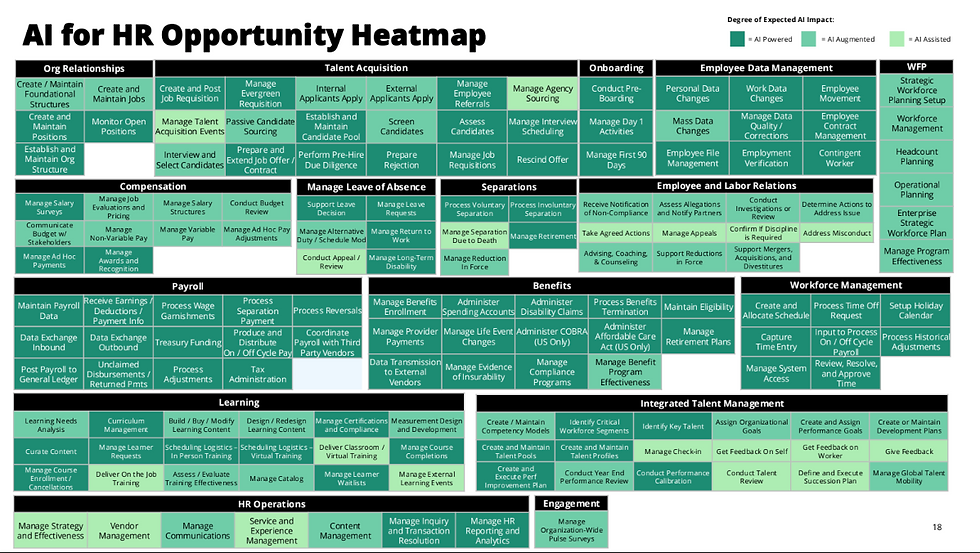The Path to Sustainable Success: Preserving Emotional Health and Preventing Emotional Burnout
- Maryna Khomich

- Feb 5, 2024
- 4 min read
When it comes to avoiding or preventing emotional burnout, it's something both individuals and employers can work on.

Now, let's focus on what you, as an individual, can do.
One of the key factors, often overlooked, is mindfulness. It's all about being aware of your own well-being, keeping tabs on your mood, energy levels, and how your body reacts. Meditation is a fantastic tool that's gained popularity, even among unlikely candidates like sea lions in America.
If you're mindful of yourself, you'll notice how your health, mood, and energy respond to different situations. This means you can make adjustments as needed. We've already talked about how burnout and lack of sleep go hand in hand, so prioritising good sleep is crucial. A quick 30-minute post-lunch nap can be a great way to recharge, especially if you're working from home. But remember, daytime naps don't replace the need for a solid 8-hour night's sleep.
Now, let's talk about the positive side of exercise. It makes us feel happier by releasing endorphins, those natural mood boosters, when we get moving. Exercise also does wonders for our overall health by regulating metabolism, helping us establish a routine, and even reducing the risk of depression. It improves mental clarity, boosts insulin sensitivity, and gives you a confidence boost.
Of course, keeping an eye on your diet is important too. Make sure you're getting enough vitamin B, found in things like milk, eggs, meat, and leafy greens. Calcium and magnesium are also essential for muscle relaxation, headache relief, and better sleep. You can find these in yogurt, fish, veggies, and more. Protein is key for the nervous system, ensuring smooth communication between your brain cells. Healthy fats and omega-3 fatty acids, mostly found in fish, help fight inflammation and stabilize your mood. On the flip side, try to avoid refined sugar, alcohol, and caffeine, as well as processed vegetable oils.
Lastly, motivation plays a big role in preventing burnout. Dopamine, the motivation hormone, is more about looking forward to something than the actual satisfaction. So, setting achievable goals and planning enjoyable events can go a long way. Plus, good memories and a smile here and there can do wonders for your nervous system.
When it comes to handling work-related stress, here's what you can do:
Keep an eye on your workload and try to stick to a daily routine. If you ever feel like you're taking on more than you can handle due to your responsibilities or your boss's demands, it's essential to have an open conversation about it.
Mix things up by switching between different tasks or activities to keep your workday more engaging.
Don't aim for perfection in everything you do. It's okay to delegate tasks and not be the best at everything.
Make a conscious effort not to bring work into your non-working hours. Avoid discussing work matters with colleagues or checking your work emails when you're supposed to be off the clock.
If you can, consider working through workplace conflicts with a psychologist or coach. Resolving these issues can reduce their impact on your overall well-being.
Remember, it's crucial to understand that being super productive 24/7 isn't realistic. Just like flowers have their blooming and resting periods, you need breaks when you're feeling tired and drained. In Finland, they even have a term for it called "kalsarikännit," which basically means enjoying a cozy evening at home in your pajamas with a glass of wine or beer, either alone or with someone special.
But it's not just on the individual. Employers and leaders can play a role too:
Create a comfortable work environment with good lighting, ventilation, and ergonomic chairs and desks.
Offer support and mediation to resolve conflicts within the team.
Keep an eye on the workload of your employees to avoid one person shouldering too much responsibility.
Prevent excessive overtime and encourage work-life balance.
Set realistic goals for your employees to maintain their motivation.
Show appreciation for your employees' hard work and professional achievements.
Provide opportunities for growth and advancement within the company.
Encourage employees to take regular vacations and truly disconnect during their time off.
Have regular one-on-one meetings with your team members to make informed decisions.
It's great to see that in recent years, more and more people are taking the issue of burnout seriously, not just employers, but the entire business community. What's exciting is that there are now plenty of apps out there aiming to help employees strike a healthy balance between work and life.
Back in the fall of 2023, I was at a WebSummit where I noticed a bunch of startups focusing on preventing burnout and supporting folks in maintaining a healthy relationship with their jobs and personal lives.
And here's the cool part: job listings these days often mention things like having an in-house psychologist or offering well-being programs within the company. Some companies even give employees paid sabbaticals at certain points in their careers. It's all part of adapting to the demands of the modern business world.
If both employees and employers follow these guidelines for mental and workplace well-being, it can lead to happier individuals, more productive teams, and outstanding professionals.







Comments